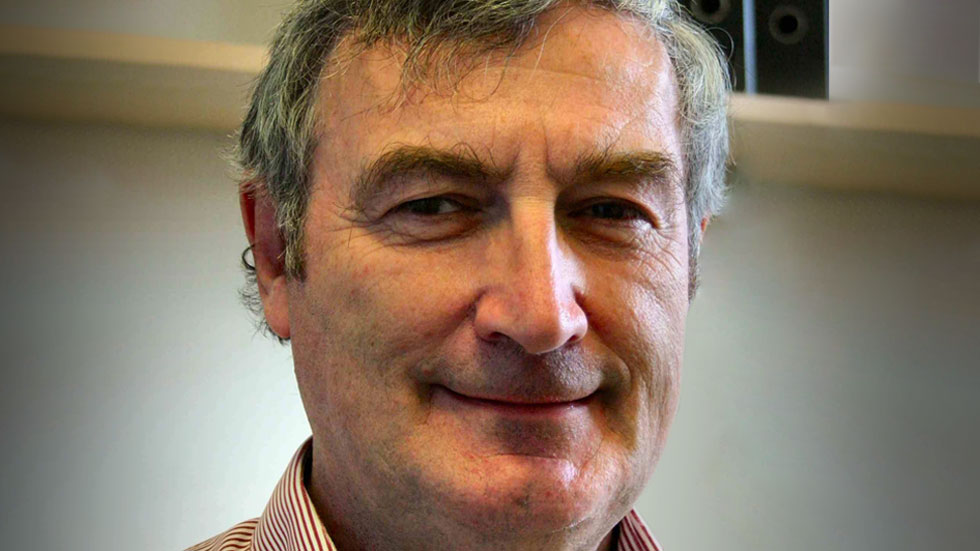David York 1951-2024

DAVID YORK FREng CEng FIChemE made many notable contributions to industrial and academic research during an outstanding career in product and process design.
After studying chemical engineering at the University of Leeds, David joined Procter and Gamble, going on to achieve the position of senior director – research fellow.
He spent most of his P&G career based in Newcastle (but did have an early assignment in Brussels), with the focus of his work primarily in the field of laundry detergents. His expertise in particle processing and encapsulation led to major innovations in the use of bleach and perfume-related technologies as well as the introduction of agglomeration-based powder detergents. As one of the leaders to explore the use of PVA films, David played a key role in the invention of the unit dose form marketed worldwide as “laundry pods”. Through his career, David was recognised as an inventor on patents in the areas of agglomeration/granulation, spray drying, softening through the wash, suds suppressors, oil repellency, particle fracture, soluble unit-dose, micro encapsulation and nanotechnology – more than 40 in all.
In addition to his technical work, David always had a strong interest in developing people and improving P&G’s work processes, being a mentor to many technologists as well as the designer and trainer on a number of courses covering engineering fundamentals as well as technical rigour. David also led the team to establish the early use of statistical process control methods for managing product quality in manufacturing, which was applied worldwide within the company.
David was an inspirational colleague with a visionary outlook, who supported research activities in particle technology where he formulated and received a number of large research grants
David was one of the pioneers within P&G in establishing collaborative research projects with academia – his early work and leadership played a major role in establishing the strategic Open Innovation programme that P&G has today in the UK. While still at P&G, he was appointed visiting professor at both Leeds and Birmingham. He retired early from P&G to join Leeds as a professor of structured particulate materials and was an inspirational colleague with a visionary outlook, who supported research activities in particle technology where he formulated and received a number of large research grants.
He played an instrumental role in highlighting the strategic research needs and opportunities in the fast-moving consumer goods sector with the Engineering and Physical Sciences Research Council and served on a number of funding panels over more than ten years and as a member of the Strategic Advisory Network panel. He also made valuable contributions to IChemE as a member of the research committee and as technical vice-president. Serving the research community, he acted as the external advisory panel director for a number of doctoral training centres including UCL, Birmingham, and Leeds. He held a large number of other important positions, such as director of the High Value Chemical Manufacturing hub, Research Excellence Framework 2014 panel member, UK representative on agglomeration for the European Federation of Chemical Engineering from 2000 to 2010, and director of two continuing professional development courses in spray drying and micro encapsulation at Leeds.
Both industrial and academic colleagues will remember him as a hugely supportive, kind-hearted and ever-smiling man with a great sense of humour, who was always enthusiastic and inspirational about research and education.
David died peacefully on 2 June, aged 72 after diagnosis of a brain tumour in early 2023. The engineering community has lost an outstanding engineer and innovator and he will be greatly missed by his many friends throughout the world.
Recent Editions
Catch up on the latest news, views and jobs from The Chemical Engineer. Below are the four latest issues. View a wider selection of the archive from within the Magazine section of this site.




